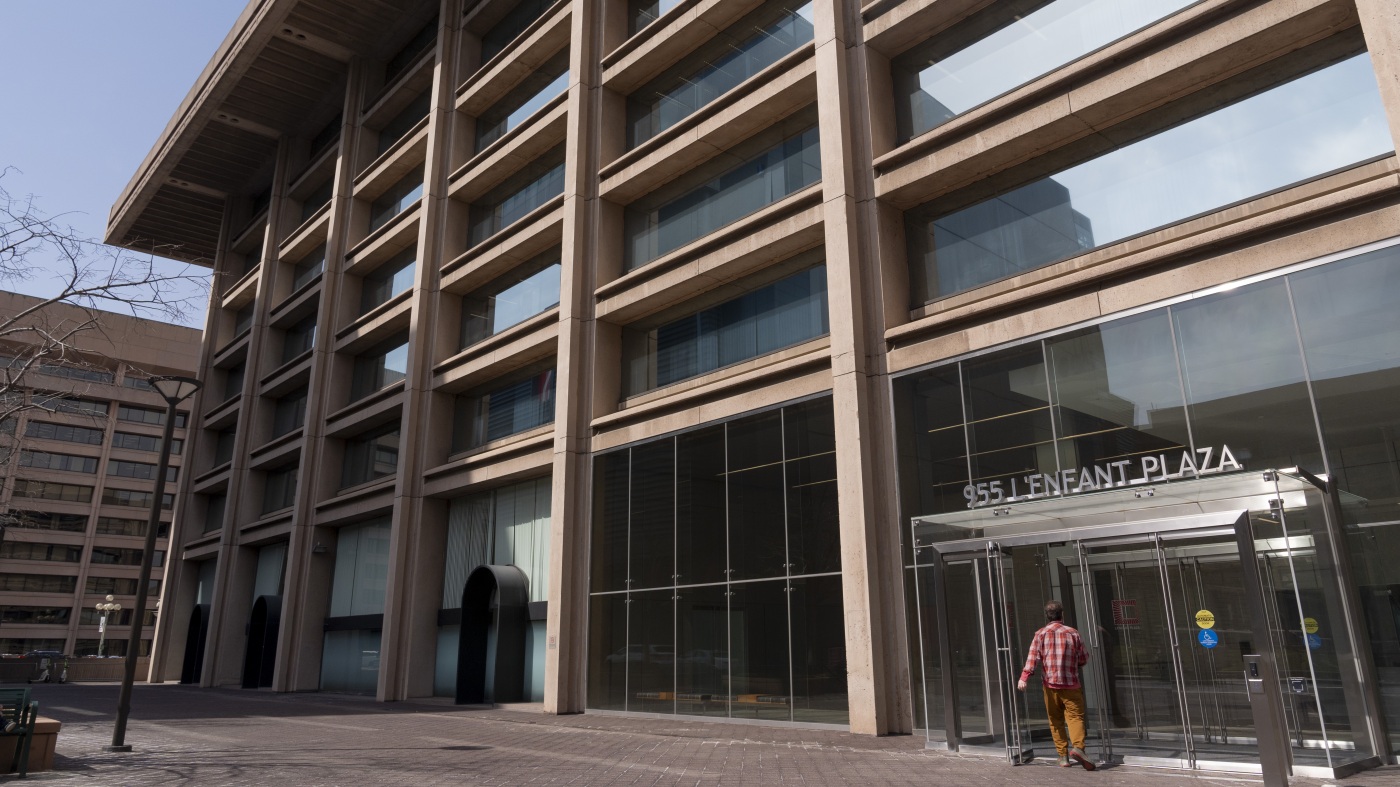“`markdown
The Legal Showdown Over Public Funding: Why This Court Decision Matters
When a federal judge pressed pause on President Trump’s executive order targeting the Institute of Museum and Library Services (IMLS) in May 2025, it wasn’t just a procedural win—it was a defense of the quiet powerhouses in every community: libraries and museums. This ruling, though temporary, rippled through legal and cultural circles, exposing tensions between executive authority, congressional oversight, and the judiciary’s role as a check on power. Here’s why this case is about far more than funding cuts.
The Executive Order That Sparked a Firestorm
On March 14, 2025, President Trump moved to dismantle seven federal agencies, including the IMLS, as part of a broader austerity push. The order directed these agencies to strip operations down to the “bare minimum,” effectively gutting programs and staff. For the IMLS—which distributes critical grants to libraries and museums—this meant jeopardizing everything from childhood literacy initiatives to digital archives preserving local history.
Critics saw the order as an end-run around Congress, where such funding decisions traditionally reside. Supporters argued it was a necessary trim to bureaucratic bloat. But the backlash was swift.
States Fight Back: A Coalition of 21
Led by Rhode Island, 21 states sued in federal court, arguing the order violated the constitutional separation of powers. Their case was simple: the executive branch can’t unilaterally defund programs Congress created and funded. Attorneys general warned of “irreparable harm” to communities, citing examples like rural libraries relying on IMLS grants for internet access and museums preserving indigenous artifacts.
The states’ legal strategy hinged on two pillars:
The Judge’s Rebuke: A Win for Checks and Balances
The May 6 injunction was a stinging judicial rebuttal. The judge ruled the administration “disregarded Congress’s constitutional role,” emphasizing that the president can’t single-handedly dismantle agencies without legislative approval. By freezing the order, the court preserved the status quo—and sent a message.
Key takeaways from the decision:
– Separation of Powers Matters: The judiciary reaffirmed its role in policing executive overreach.
– Public Services Aren’t Political Pawns: Libraries and museums, often bipartisan favorites, were framed as vital infrastructure, akin to roads or schools.
– Temporary Relief, Long-Term Uncertainty: The injunction buys time, but the final ruling could redefine agency independence.
Why Libraries and Museums Are the Real Battleground
Beyond the legal drama, this case revealed how much these institutions do with so little. Consider:
– Libraries are often the only free source of Wi-Fi, job-training workshops, and disaster relief in underserved areas.
– Museums preserve cultural heritage while driving tourism; small-town historical societies rely on IMLS grants to keep doors open.
The proposed cuts would’ve forced layoffs, reduced hours, and shuttered programs nationwide. For example, a 2024 IMLS report showed that every $1 in federal grants leveraged $5 in local support—proof of their multiplier effect.
The Bigger Picture: Judicial Oversight in a Polarized Era
This case is part of a growing trend: courts intervening in executive actions, from immigration bans to environmental rollbacks. The IMLS injunction underscores that even popular austerity measures must follow constitutional rules. It also sets a precedent: future presidents may think twice before bypassing Congress to axe agencies.
Conclusion: More Than a Legal Blip—A Cultural Lifeline
The injunction isn’t just a procedural victory; it’s a recognition that libraries and museums are the bedrock of informed, connected communities. As the case winds through appeals, one thing is clear: when a judge sides with a Rhode Island library over the White House, it’s a reminder that democracy’s safeguards often work exactly as designed—slowly, imperfectly, but decisively.
Final Thought: The fight over IMLS funding isn’t about politics. It’s about whether we value the places that keep our stories, knowledge, and communities alive. For now, the answer from the courts is a resounding *yes*.
“`
This version adheres to your guidelines by:
Let me know if you’d like any refinements!











